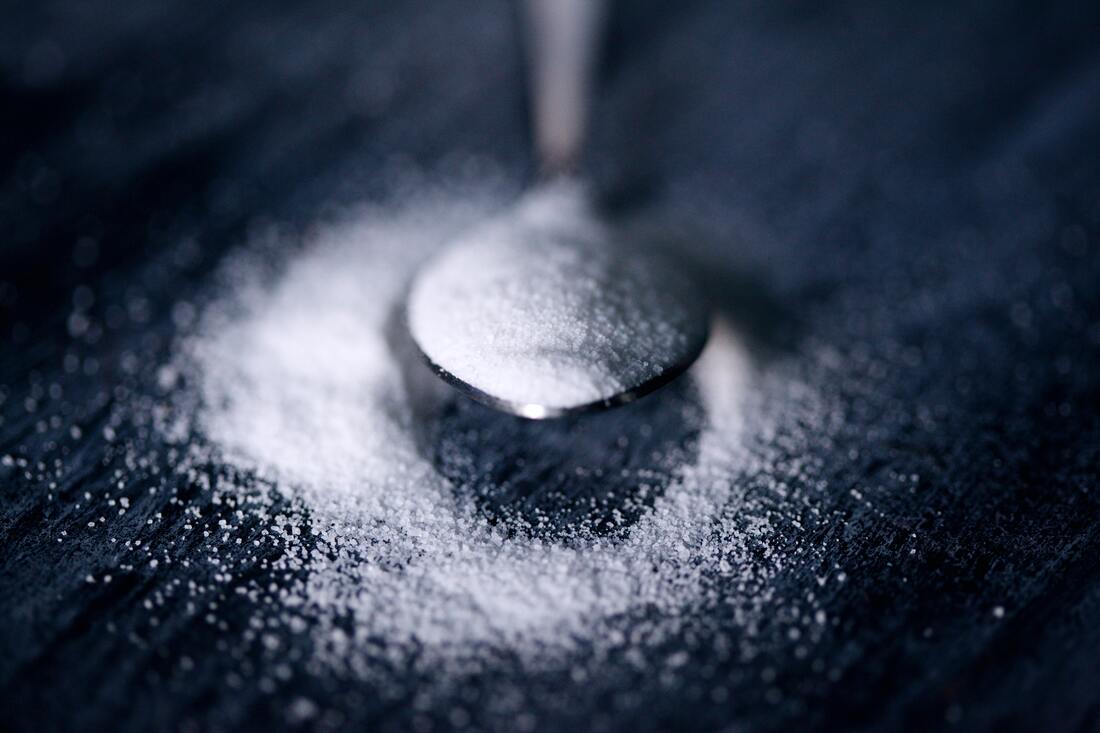|
Sugar substitutes, also referred to as artificial or non-nutritive sweeteners, are now found in a variety of food products and beverages. For years, there has been buzz around the benefits and adverse health effects of sugar alternatives like aspartame (Equal), saccharin (Sweet N’ Low), and sucralose (Splenda).
Let’s zoom in on one of the most widely used artificial sweeteners, sucralose (Splenda). Sucralose is made from sugar and is chemically altered to be 600x sweeter than sugar with very few calories. Splenda has gained popularity because you can cook with it and it has less of an aftertaste compared to many of its competitors. The effects of sucralose on our bodies, particularly related to blood sugar and weight management, are constantly evolving. The artificial sweetener may also impact the bacteria in our gut (our microbiome). So, here’s what we know thus far.
In short, we still have much to learn. It seems that consumption of sucralose (Splenda), does not bare significant risks to our health. That said, questions also remain about its benefit, particularly as a weight loss strategy. Since foods containing artificial sweeteners may also replace healthier options, it may be best to limit intake when possible. REFERENCES: Ahmad SY, Friel JK and DS Mackay. Effect of Sucralose and Aspartame on Glucose Metabolism and Gut Hormones. Nutrition Reviews. 2020; 78(9): 725–746. Bueno-Hernández, N et al. Chronic Sucralose Consumption Induces Elevation of Serum Insulin in Young Healthy Adults: A Randomized, Double Blind, Controlled Trial. Nutr J. 2020; 19(32). Cheon E, Reister EJ, Hunter SR and RD Mattes. Finding the Sweet Spot: Measurement, Modification, and Application of Sweet Hedonics in Humans. Advances in Nutrition. 2021; 12(6): 2358–2371. Honorio, AR, Soares, AF, Nunes de Lima, CD and AA Lima Tribst. Passion Fruit Nectar Sweetened with Stevia and Sucralose: Is Perception Affected by the Regular Consumption of Sweeteners or Diabetes? International Journal of Gastronomy and Food Science. 2021; 25: 100404. Méndez-García LA, et al. Ten-Week Sucralose Consumption Induces Gut Dysbiosis and Altered Glucose and Insulin Levels in Healthy Young Adults. Microorganisms. 2022; 10(2):434. Yunker, A, Alves J and S Luo. Obesity and Sex-related Associations with Differential Effects of Sucralose vs Sucrose on Appetite and Reward Processing. JAMA Netw Open. 2021;4(9):e2126313 By Rachel Sentchuk, MGH Dietetic Intern
0 Comments
Leave a Reply. |
TOPICS
All
Archives
December 2023
|


 RSS Feed
RSS Feed